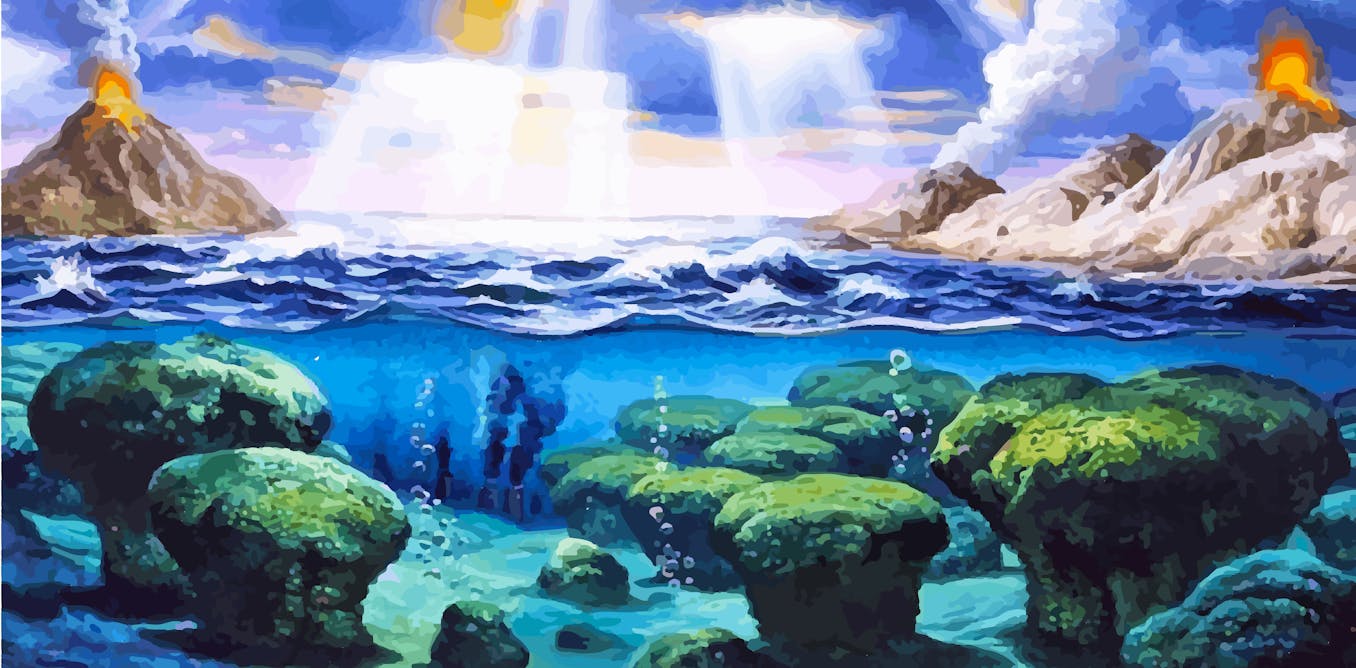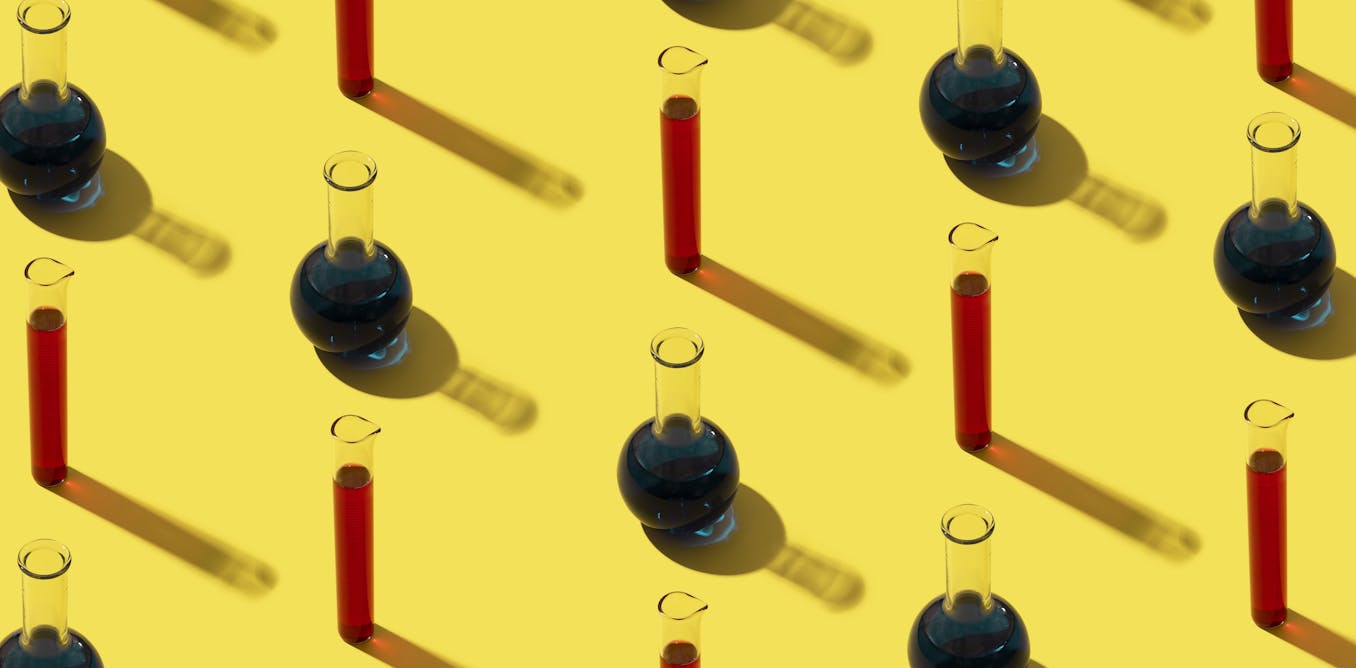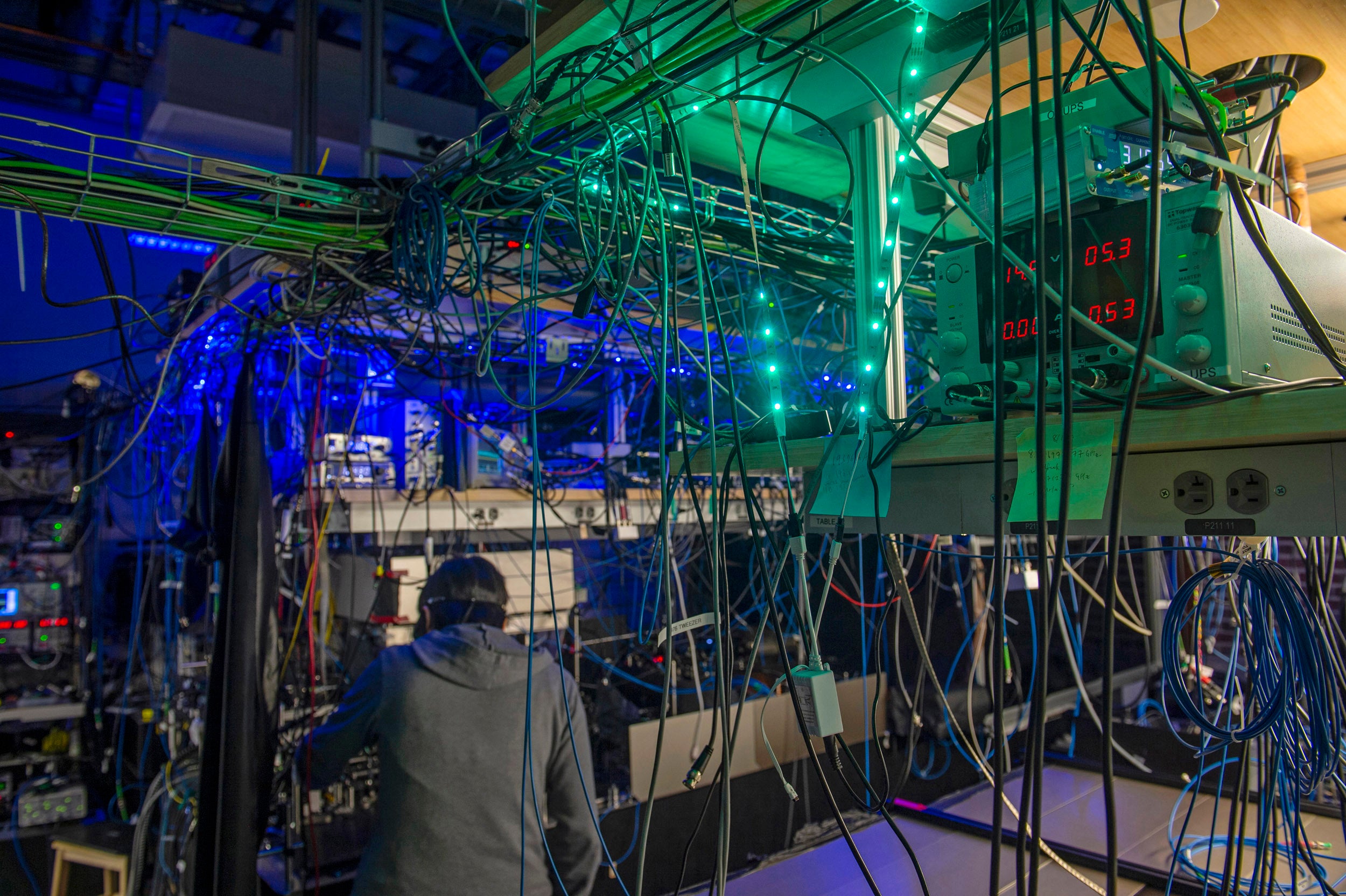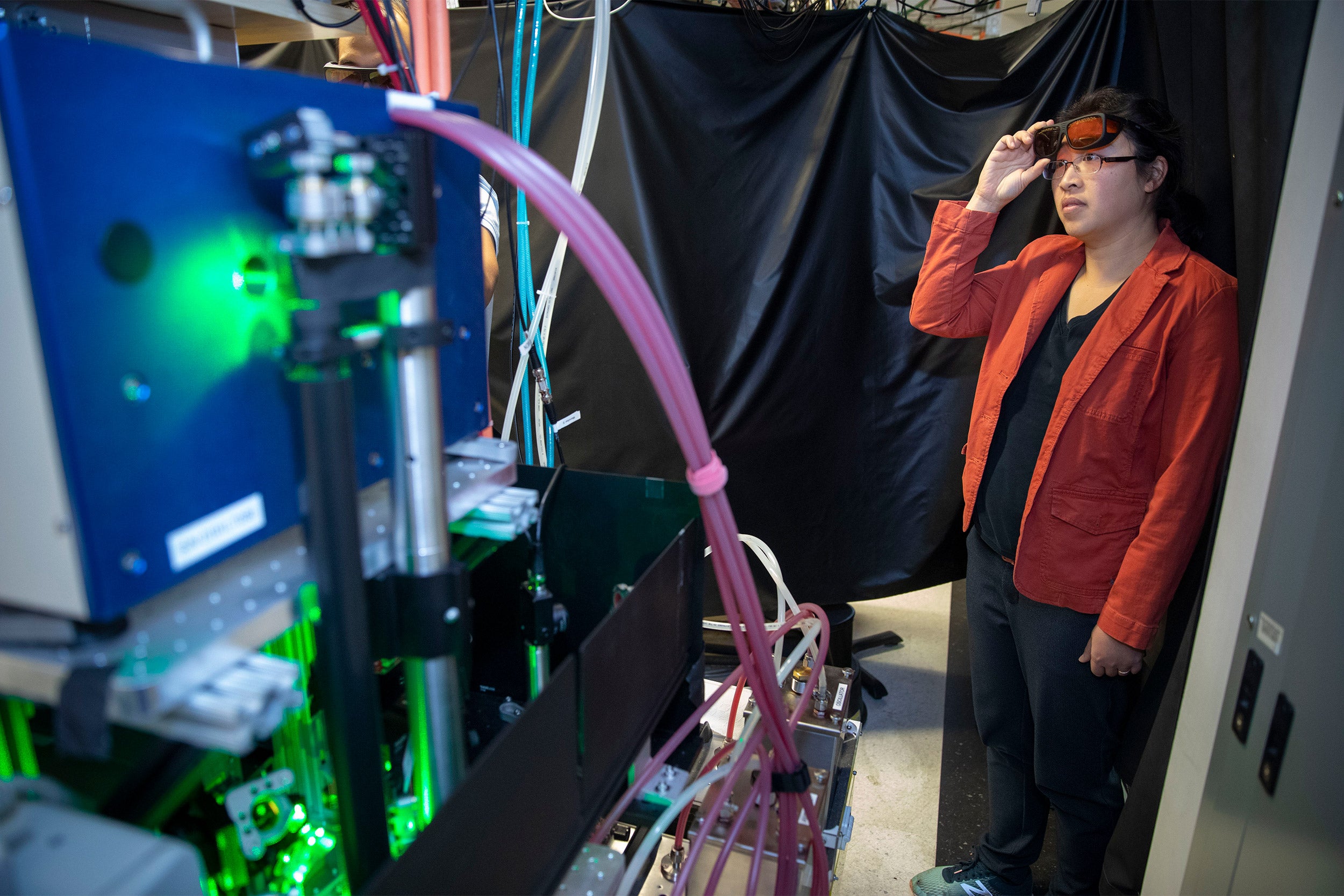Nobel Prize: How click chemistry and bioorthogonal chemistry are transforming the pharmaceutical and material industries
Click and bioorthogonal chemistry has enabled researchers to closely study how molecules work in their natural state in living organisms, with applications that span from cancer treatment to polymers.
Oct. 7, 2022 • ~6 min
My Ph.D. supervisor just won the Nobel Prize in Chemistry for designing a safer, cheaper and faster way to build molecules and make medicine
Dave MacMillon and Ben List both developed simple catalysts that make precise chemical reactions much faster and more efficient.
Oct. 7, 2021 • ~8 min
Researchers design new experiments to map and test the quantum realm
Professor Kang-Kuen Ni and her team have collected real experimental data from an unexplored quantum frontier, providing strong evidence of what the theoretical model got right (and wrong) and a roadmap for further exploration into the shadowy next layers of quantum space.
May 19, 2021 • ~7 min
Ultracold environment offers a first look at a chemical reaction
Harvard researchers have performed the coldest reaction in the known universe by capturing a chemical reaction in its most critical and elusive act.
Dec. 20, 2019 • ~5 min
/
1








